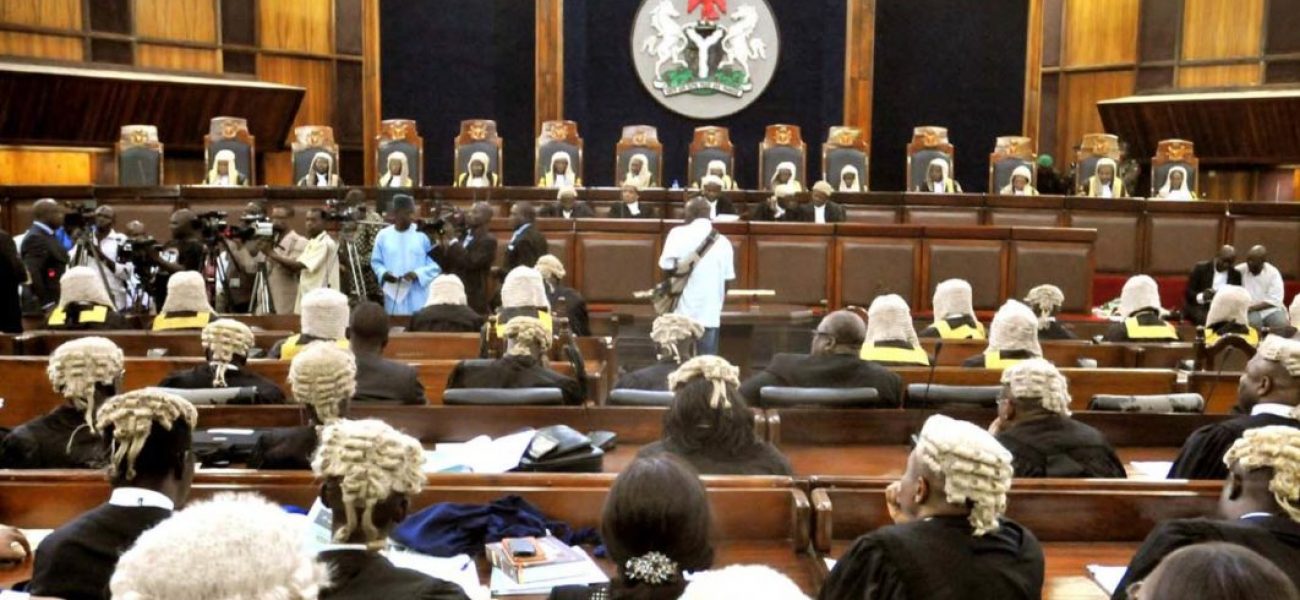On June 5, 2023, President Bola Tinubu signed into law, a Constitution Alteration Act to introduce a uniform retirement age and pension rights for judicial officers. This alteration now pegs the unified retirement age for all judicial officers of superior courts of record at 70 years. Before now, the retirement age for High Court Judges was 65 years, while Appeal Court and Supreme Court Justices had their retirement age as 70 years. In light of this alteration, all judicial officers appointed to the Supreme Court, Court of Appeal, Federal High Court, National Industrial Court, High Court of the Federal Capital Territory (FCT) and of a State, Sharia Court of Appeal of the FCT and of a State, as well as the Customary Court of Appeal of the FCT and of a State, are due to retire at the age of 70 years. However, they may opt to retire earlier.
The alteration also modifies the period of service used to determine the rate of a judicial officer’s pension from 15 to 10 years. Formerly, a judicial officer who serves for up to 15 years and retires is entitled to pension for life at a rate equivalent to their last annual salary. If the period of service is less, then the rate of pension will be calculated at the rate of their last annual salary pro-rated with the number of years served. With this alteration, a judicial officer who serves for up to 10 years and retires or opts to retire, will be entitled to pension for life equivalent to their last annual salary.
Now, the alteration introduces that all pensions, allowances and other retirement benefits due to judicial officers will be charged to the Consolidated Revenue Fund of the Federation and be paid directly to the National Judicial Council (NJC). Prior to this alteration, pensions of judicial officers in State Judiciaries were paid by the Executive arm of government at State level, which was formerly in control of funds allocated to the Judiciary, including capital expenditure, overhead and personnel costs. However, Constitution alterations to provide for the financial independence of State Legislature and Judiciary in the 4th and 5th Constitution review exercises have taken the control of the finances of these two arms of government away from the State Executive to improve their independence. This alteration which now puts the NJC in charge of the pensions of judicial officers in State Judiciaries further enhances the independence of the Judiciary.

